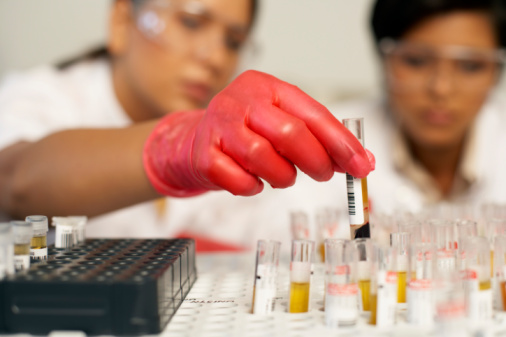This is Why College Tuition Continues to Soar
 Move, over MIT: Here comes Bridgewater State! (Photo via Thinkstock)
Move, over MIT: Here comes Bridgewater State! (Photo via Thinkstock)
Despite a slow economy and low level of inflation, the price of a college education continues to soar. This morning, the Globe pointed out that fees at Massachusetts state universities are poised to raise 6 percent for the next academic year:
For a student at Bridgewater State, the increase will mean an extra $500 next year. That will bring the annual cost for an in-state student — including tuition, fees, and room and board — to $18,645.
Much of the additional money will help finance Bridgewater’s new $100 million science building and pay the salaries of new professors hired under the university’s faculty expansion plan, Clark said. About a quarter of the new fee money will be used for financial aid, in addition to a wide variety of university activities.
Fees at the UMass system, meanwhile, are jumping 4.9 percent. Nationally, state colleges saw a 8.3 percent tuition hike this past year, while private colleges increased fees 4.5 percent.
The question is: Why? Perhaps a college education — which dramatically increases earning power — has been undervalued for decades, and we’re finally beginning to price it appropriately. But it seems like a good portion of it could be due to things like that $100 million science building at Bridgewater. Here’s more about that building, from the Taunton Gazette:
Junior Joe Fitzgerald said BSU’s new state-of-the-art science building is what he’d expect to find at an elite private university and he’s thrilled to have access to it at state school prices.
“It’s a beautiful facility and I’m pretty excited to be here,” Fitzgerald of Easton said last week as the fall semester kicked off during an unveiling tour of Phase I of the new $98.7 million, state-funded Science and Mathematics Center at Bridgewater State University.
BSU President Dana Mohler-Faria told Fitzgerald the university recently hosted some faculty from MIT and they said the new center “rivals anything they have.”
Now: I have no problem with students at Bridgewater State receiving a top-notch education. They absolutely should. But BSU is never going to compete with MIT, which a BSU dean actually concedes in the Gazette story. Which raises the question: Why does the “home of teacher education in America” need a $100 million science building worthy of MIT? Here’s more, from a different Globe story this past fall:
Jeffrey Bowen, professor and chairman of the biology department, said there is a cellular research lab where cancer cells are being studied, with groups of eight students working on programmed cell death, called apoptosis.
“It’s unusual to do tissue culture at the undergraduate level,’’ Bowen said, “but the equipment here allows us to do it. We won’t find a cure for cancer, but we will get students excited about research.’’
So, we’re jacking up tuition 6 percent in order to do “unusual” research that probably won’t solve anything but will “get students excited about research”? Really?
I don’t mean to single out Bridgewater State here — many universities are building new facilities in an attempt to attract students. Call it the U.S. News & World Report effect, where every college now has to compete for students and resources. But at some point, isn’t it worth stopping to ask: Is this really the right step for our university? Unless some wealthy alumnus donated the cash to put up the building, then why are we raising tuition in a down economy? Is what we’re doing totally essential to their education? And if it’s not: Why are we doing this?


